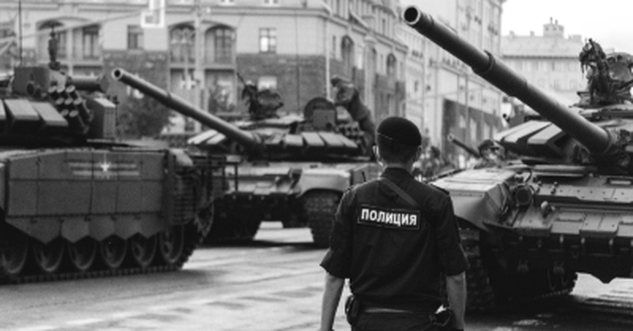|
My blog posts revolve around my interests and vocation as a historian: the intersection of history and contemporary church life, the intersection of history and contemporary politics, serendipitous discoveries in archives or on research trips, publications and research projects, upcoming conferences, and speaking engagements.
I sometimes blog for two other organizations, the Canadian Baptist Historical Society and the Centre for Post-Christendom Studies. The views expressed in these blogs represent the views of the authors, and not necessarily those of any organizations with which they are associated. |
|
“You may not be interested in war, but war is interested in you.” Leon Trotsky The following are some basic and preliminary convictions to consider and questions to ask when reflecting on a military conflict. These convictions and questions can be explored in detail in Gordon L, Heath, Christians, the State, and War: An Ancient Tradition for the Modern World (Lexington/Fortress, 2022). The following blog series is also a helpful place to begin thinking about wars both now and in the future: https://www.gordonlheath.com/war-now-and-the-future. The issues related to military conflict can be exceedingly complex and require reading a wide variety of sources (from both sides of the conflict). Besides the powerful pull of national identity that stokes emotions but clouds the issues, the widespread use of propaganda (on both sides) makes it very hard to know what is really going on. As Hiram Johnson quipped, “The first casualty, when war comes, is truth.” That being the case, Christians are still required to make ethical judgments (even if tentative and fluid) – thus the following guide to discernment on the matter. Note that some questions will be easy to answer, others hard, and some even impossible to answer with any degree of certainty. And due to the fog of war, you may have to end up changing your opinion on matters if new information comes to light. In the meantime, however, you must think and act to the best of your knowledge.
Conviction: The state has been ordained by God to use the sword for justice
Conviction: Jesus is Lord, not Caesar
Conviction: All Human Life is Valuable
Conviction: Creation is Fallen, But Not Forever
Conviction: Christians Must Engage the State Regarding Its Use of the Sword
A Matter of Conscience The above five convictions should be embraced by Christians of all traditions. However, what Christians have not agreed upon is whether they can serve as soldiers. If you are a Christian, and your conscience allows you to be a soldier, do the following:
0 Comments
Leave a Reply. |
Archives
May 2024
|

 RSS Feed
RSS Feed
